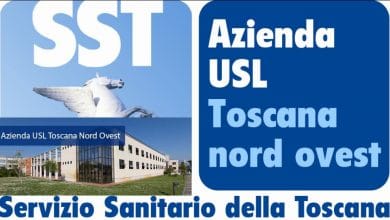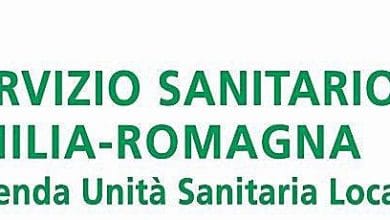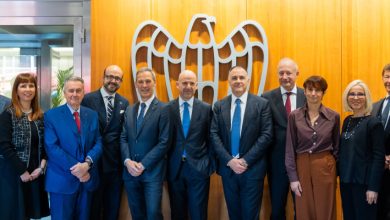
A few days ago several were reported to us editorials advertisers who illustrated, through their own 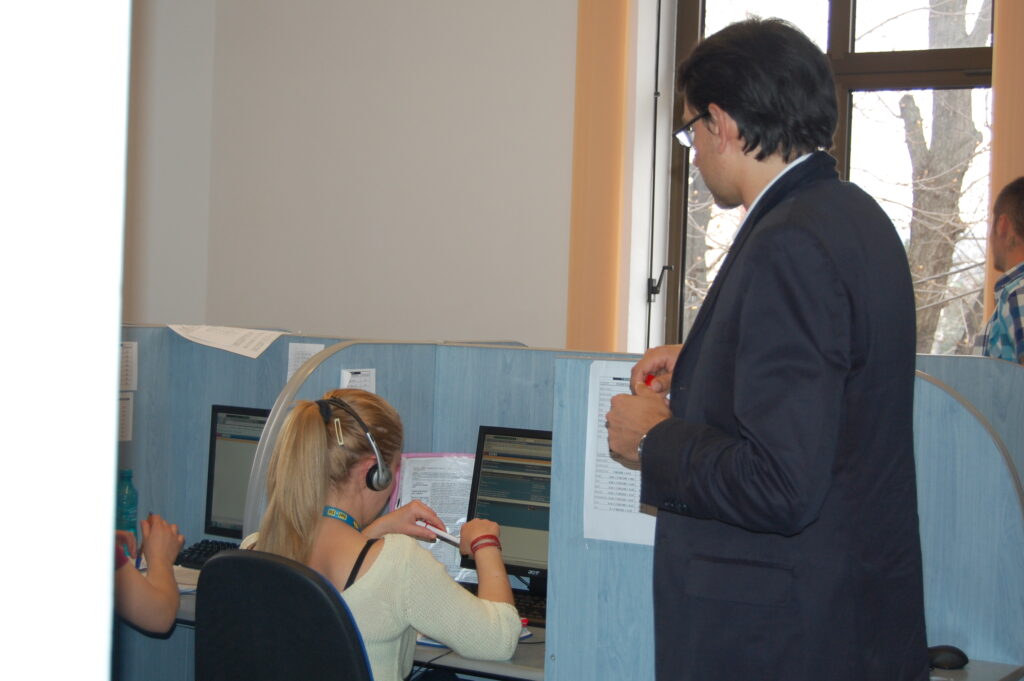 business manager, the amazing discovery of telephone scientific information.
business manager, the amazing discovery of telephone scientific information.
He writes: “Lscientific information? It can be simplified tremendously, and this is demonstrated by the new business started by (… omitted…) on behalf of a major pharmaceutical company. The protagonists remain the professionals of the sector: graduates in pharmaceutical chemistry, pharmaceutical technology, biology, pharmacy, veterinary medicine, medicine and surgery, bioinformatics, biosanitary sciences. However, the method has radically changed: no more endless "pilgrimages" by car in search of a discussion with doctors to whom to offer medicines, but a convenient telephone service that allows you to make an appointment and fix a day and time in which to describe the characteristics of the proposed drugs and proceed with the requested supply”.
Maybe he doesn't have very clear ideas about scientific information: he has even guessed some suitable degree titles, but what does it mean?proceed with the requested supply” is completely incomprehensible to a scientific informant of the drug. And then, will he communicate the list of these informants to AIFA as required by law?
“Don't forget – continues the brilliant business manager – a further aspect: it helps to break increasingly outdated prejudices with respect to the world of call center.
In particular, telephone operators, far beyond the stereotype of the "disturber", become doctors who provide a fundamental service. Advanced figures, who enjoy digital, technological, interactive tools. Central in a modern and useful service. Functional and flexible. In a word “smart”.
They tell us, but we personally express our doubts about what we are told, that these operators, who have become "new doctors", receive a salary well below 1000 euros per month, which would mean that they are not employed under the CCNL for chemists.
 After all writes on Merqurio the ineffable Dr. Ruggero: The Remote Informant® [note the registered trademark!] represents a service of pharmaceutical multichannel marketing – innovative and fast – for pharmaceutical companies that want to reach doctors. This service constitutes an alternative or a support to the visit of the scientific informants, enables managers to implement marketing plans and eliminates wasteful spending.
After all writes on Merqurio the ineffable Dr. Ruggero: The Remote Informant® [note the registered trademark!] represents a service of pharmaceutical multichannel marketing – innovative and fast – for pharmaceutical companies that want to reach doctors. This service constitutes an alternative or a support to the visit of the scientific informants, enables managers to implement marketing plans and eliminates wasteful spending.
Therefore it is evident, by their own admission, that these activities are part of telemarketing and, as is known, all Call and Contact Centers must subscribe to the ROC (Register of Communications Operators) and they cannot call the "consumers" who are registered in the ROP (New Opposition Register). The question is: are these operators, but also the pharmaceutical companies that implement the same practices, registered with the ROC? Do they comply with the ROP?
But the crucial question (albeit rhetorical, alas) is: what does marketing, and in this specific case telemarketing, have to do with scientific information on prescription drugs, given that it is prohibited by art. 122 of Legislative Decree 219/06?
Carrying out a reform of the telemarketing sector (draft law for the reorganization of the entire BPO/CRM sector, see the definition below) is also equivalent to an opportunity to acquire univocal interpretation of data management, addressing issues such as the capitalization or monetization of personal data or the importance of negotiating consent in addition to informed consent.
Remote information in the typical Call Center manner is neither effective nor acceptable. This particular period, which sees the reactivation of a diversified recovery of activities, will be regulated through company bargaining and regulations dictated by the national regulatory authorities.
In the'platform hypothesis for the renewal of the CCNL the Unions write: “Even in activities where the irreplaceability of the direct relationship is declared, as inscientific drug information, we are 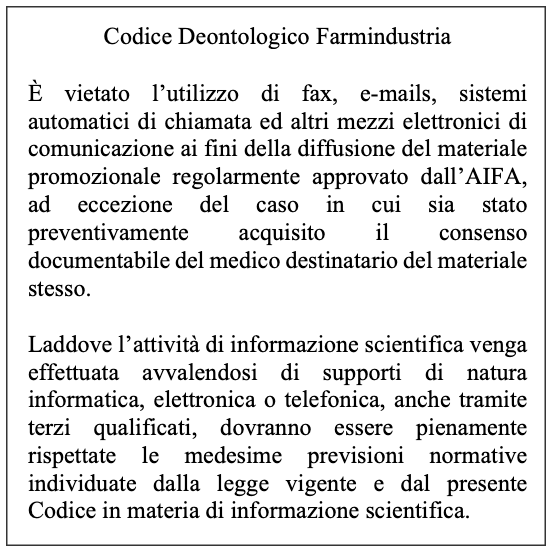 witnessing a profound transformation with the increasingly massive introduction of digitized tools and activities which, if on the one hand can favor a greater diffusion of information, on the other reveal a tendency to consider the informant as the terminal figure of marketing. Today there is an increasing need to address the issue of the role of scientific drug information in the contractual context, so that the introduction of new technologies and methods of carrying out the activity do not distort the role that must instead be enhanced"
witnessing a profound transformation with the increasingly massive introduction of digitized tools and activities which, if on the one hand can favor a greater diffusion of information, on the other reveal a tendency to consider the informant as the terminal figure of marketing. Today there is an increasing need to address the issue of the role of scientific drug information in the contractual context, so that the introduction of new technologies and methods of carrying out the activity do not distort the role that must instead be enhanced"
Remote technologies, currently in use, can help information but they can never replace the human relationship. This is also what the claims national secretariat of Femca-Cisl.
The new CCNL, recently signed and awaiting ratification by the workers, describes in Chapter V the guidelines for the digital transformation which specifies that it is necessary "keep in mind the distinctions between the plan of working methods (remotely, on site, flexible) required by organizational choices, and/or work/professional life balance, that of job classifications and salaries, related to the contents of the tasks required by the professional figures in which the Worker is employed”.
Remote scientific information is not specifically mentioned. It will be addressed in the Pharmaceutical Observatory in which Farmindustria and the trade union organizations have declared their commitment to meet at least every six months in thematic sections, starting from October 2022, including scientific information.
We are convinced that this period can outline the importance represented by scientific information, capable of transmitting training courses, updates on drug innovation and explaining the new scientific frontiers of research and innovation which are the true professional value, which will help to get out of the stereotype that the local doctor is only a producer of recipes and that the informants are only commercial agents of the pharmaceutical industry. Precisely for this reason there is a need for certain rules which do not distort the profession of the ISF to a telemarketing operator.
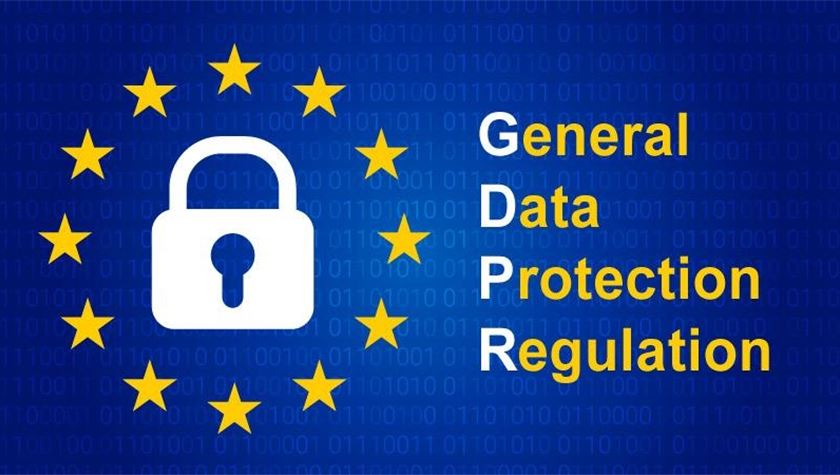 Note: that the consent can take on a negotiating nature does not necessarily constitute adherence to a vision based on the full availability of personal data or to abdicate the personalistic side, but to enhance that control of the act of private autonomy in function of safeguarding the values of the person who turns out to be involved. If the consent has a contractual nature, it follows that the subject involved in the treatment must be free not only to grant consent or not, but must also be able to freely evaluate what are the effects that follow and the treatments that derive from it and, if necessary, choose which one to consent and which to deny. The GDPR (General Data Protection Regulation) imposes a series of disclosure obligations (Articles 13 And 14) whose purpose is to make the interested party aware and adequately informed of the consequences of his consent.
Note: that the consent can take on a negotiating nature does not necessarily constitute adherence to a vision based on the full availability of personal data or to abdicate the personalistic side, but to enhance that control of the act of private autonomy in function of safeguarding the values of the person who turns out to be involved. If the consent has a contractual nature, it follows that the subject involved in the treatment must be free not only to grant consent or not, but must also be able to freely evaluate what are the effects that follow and the treatments that derive from it and, if necessary, choose which one to consent and which to deny. The GDPR (General Data Protection Regulation) imposes a series of disclosure obligations (Articles 13 And 14) whose purpose is to make the interested party aware and adequately informed of the consequences of his consent.
BPO extension: For Business process outsourcing means the subcontracting of business functions and processes to external suppliers and managers. A way for companies to reduce costs by transforming them from fixed to variable, increase productivity and have access to a low-cost workforce.
CRM: literally means Customer Relationship Manager. A CRM system is a software for the centralized management of customer information. Through a CRM it is possible to store a large amount of information on customers and prospects (potential customers), from personal data to contact tools, from communications to sales objectives. With a CRM you will have full visibility on the activities of the sales teams. The application sectors of operational CRM are sales, marketing.
The prospect is a person who falls within the company's target of potential customers, but with whom a direct connection has not yet been created. Literally, it is a possible or probable "candidate" who becomes a customer. The activity of prospecting it is therefore the search for individuals or companies potentially "on target" for the products and services offered by the company.
There profiling it is any form of automated processing, which has as its object personal data and which has as its purpose an evaluation of certain personal aspects, to analyze them or make predictions. The profiling of a doctor considers aspects that may concern professional performance, age, number of patients, prescribing potential, etc. There is a profiling in which the profile is created using automated means, but then a person takes the results and evaluate them. And there is profiling where decisions are made on a solely automated treatment. There is no human intervention here. It is the algorithm that decides. This kind of treatment is prohibited! (Article 22 of the GDPR)



